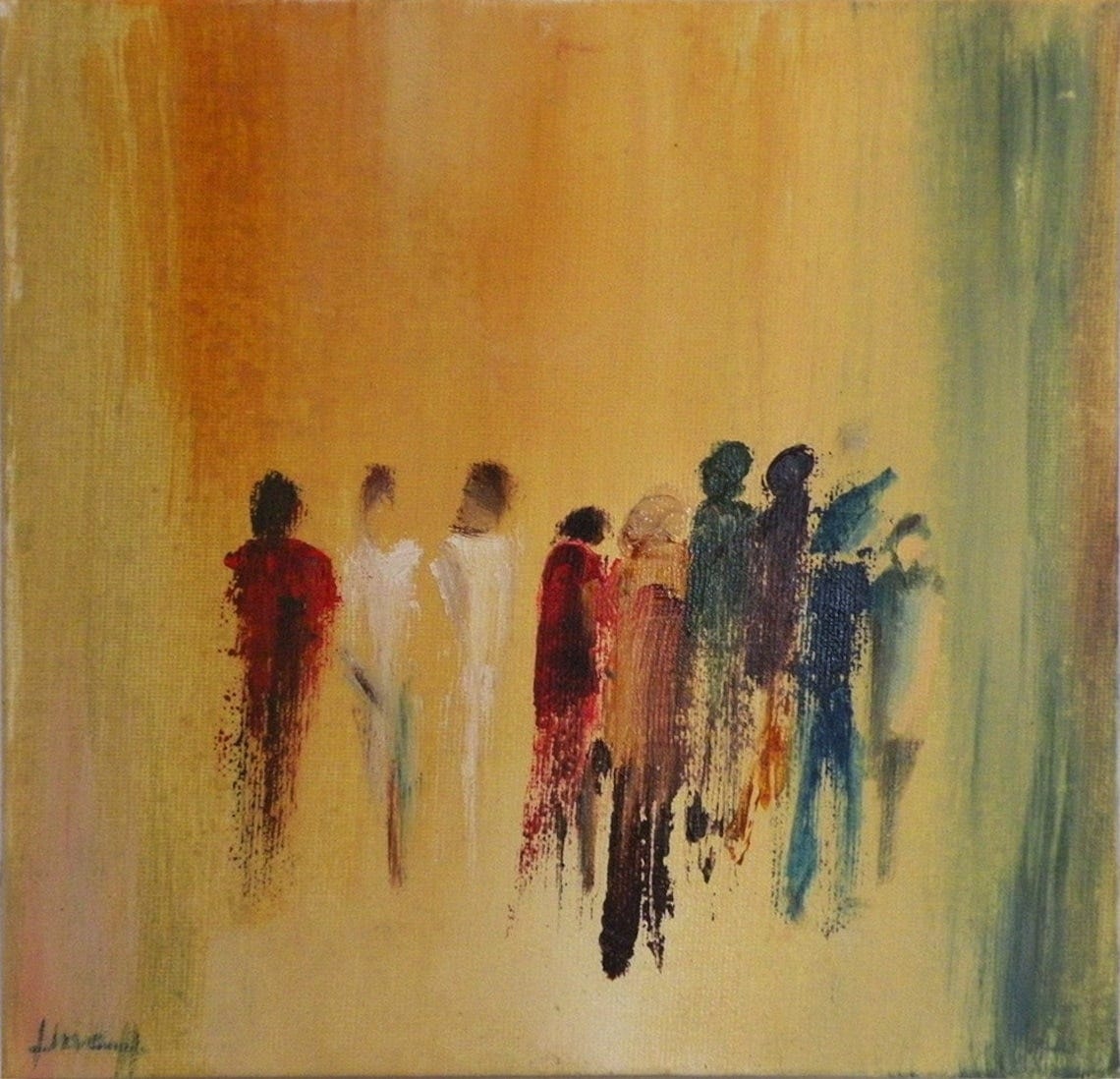Is a person a relation, or a substance? We need to examine Aristotle’s Categories, in which he examines the highest kinds, i.e. the most basic genera in which we can classify things. The categories represent “things incomplex” (Categories, chapter 4), i.e. things so simple and basic that they are without parts. We almost never encounter a thing incomplex. Take, for instance, a car. It marks the intersection of many different categories. It has a color, a shape, a function, a mass, etc.
In chapter 4 of the Categories, Aristotle provides a list of the basic categories. Two of them are of interest for this essay: substance and relation.
A substance is what is neither predicated of a subject, nor in any (Categories, Chapter 5). There is some technical jargon here we have to unpack. We can predicate something of a subject, as when we say that an individual person is a man. Man is a general class of things, of which the individual person happens to participate. But, the class of man is not a characteristic of an individual man. We also identify an attribute in this individual person, e.g. he has red hair, or a strong chin, etc. Substances, in the primary sense, are neither general classes, nor individual attributes. They are independent things, like a particular man, or a particular horse. A particular man is not an attribute of something else.
So, it seems here Aristotle has answered our initial question, of what category a human person occupies. An individual person is a substance. That is, a human person is a substance, since a human person, qua individual, is not a general class, nor is a person a mere attribute in something else.
But, a person is a very difficult entity to categorize in my view, and we should not be so casual in placing a person in the category of substance. The person is not identifiable with the body. My body could be present, but if my body is that of a zombie, with no interior life, it does not represent my person. A person is more than just a thing, but involves forms of interaction and sensitivity to environment.
The category of relation signifies something the identity of which is a function of other things. So, double, half, and greater, are relative terms. Double cannot get its identity but for something that is being doubled. Double of two things is less than double of eight. Half of something gets its identity from what is halved, and greater gets its identity from that which it exceeds.
Habit and knowledge are also relatives. A habit cannot exist on its own, but must pertain to someone’s character. Knowledge cannot exist apart from relationship to an object, and must be the possession of a subject. If no one knows knowledge, then it is not really knowledge.
Is a person more fitting in the category of relation? Can we imagine a person that has an identity completely independent from other things? I think this an interesting thesis, i.e. that persons are relations, not substances.
Persons take their identity from relating to others. A person that does not relate ceases to be a person. A person must have consciousness, and consciousness is necessarily of something. There cannot a consciousness that has no object. A person that is not relating to something, even if it just his/her own thoughts, is not functioning as a person.
A person belongs to a web of relationships. Even a man isolated in an island is a person in virtue of his awareness of his thoughts and his experience. A person that is completely solitary, just existing as an independent thing, but without any identity through a relationship, ceases to be a person.
A dead body is a mere substance. It relates to nothing, since its interior life of the soul has perished. But, persons are essentially in relationship.


I like the artwork at the bottom! I'd also add in that an individual to some extent cannot know they are an individual without *differentiating* themselves from other people. A personality, or an "ego" exist in terms of how we view ourselves in relation to the world around us. For this reason, personalities/egos "other-ize" different races, religions, cultures, teams, as fundamentally "not me". I view this as a primal idea or instinct that humans need to transcend in order to achieve peace on earth---i.e., we wouldn't be Americans if everybody in the world was an American. If the Eagles did not have other teams to play against, being an Eagles fan would cease to be an identity marker. Just my thoughts. not sure if they make any sense.